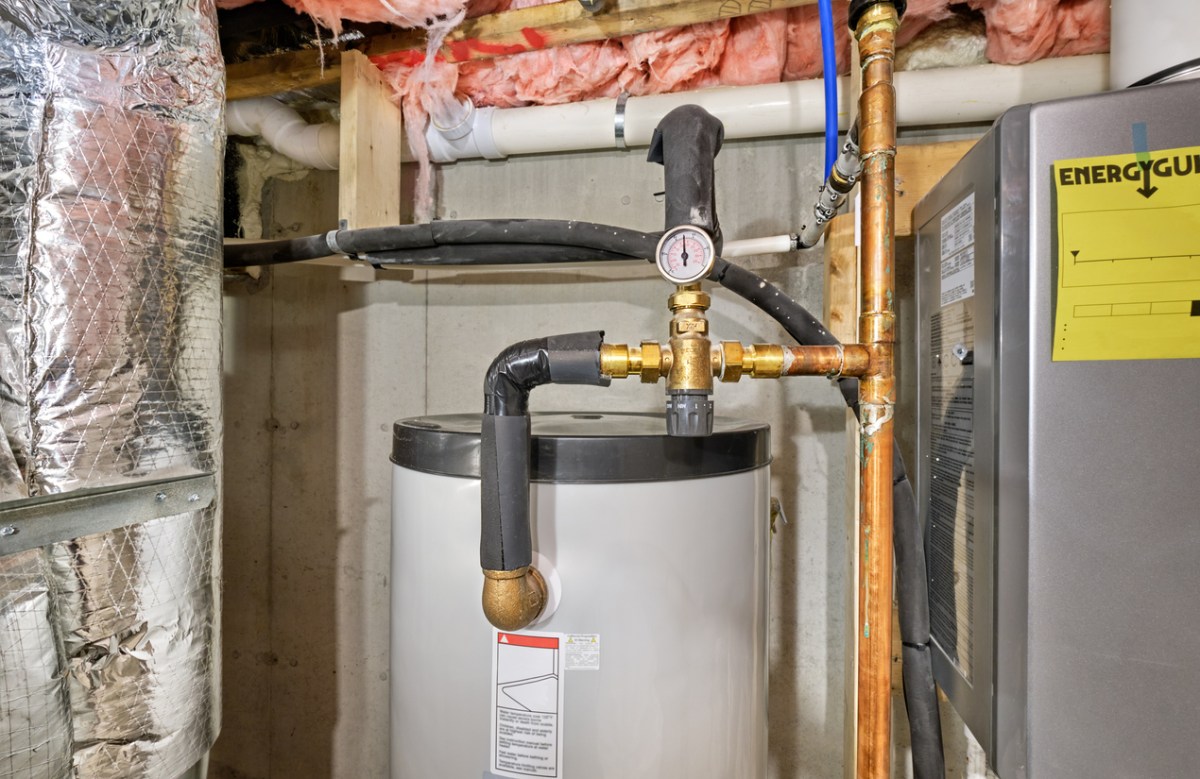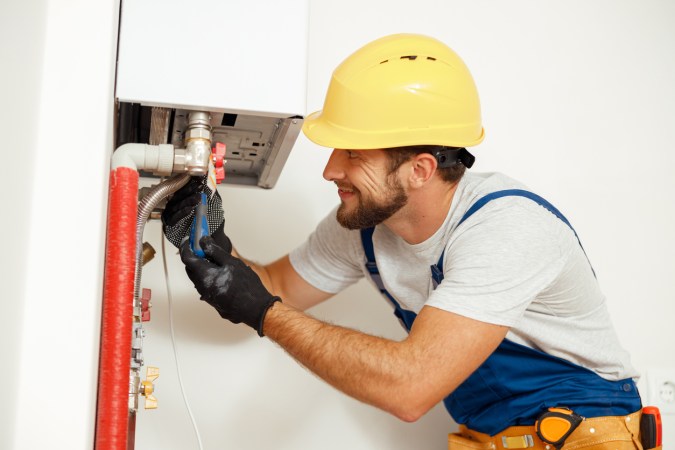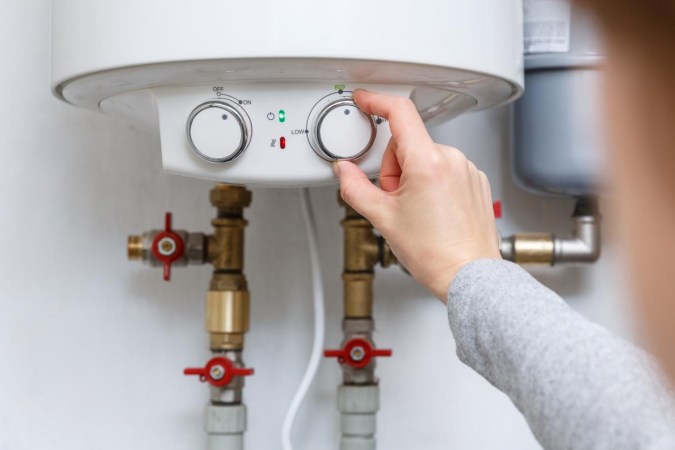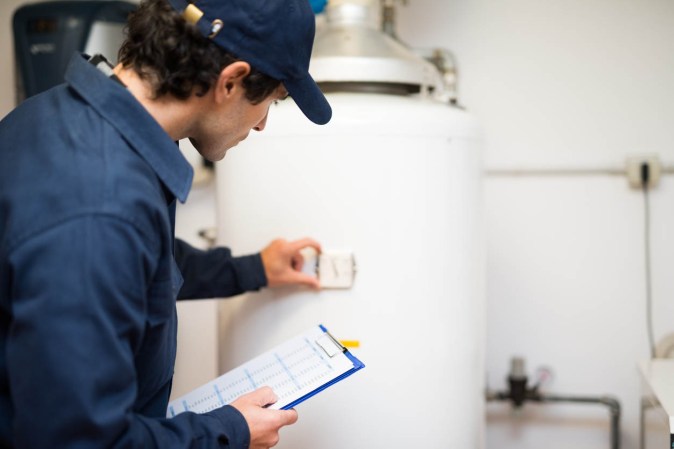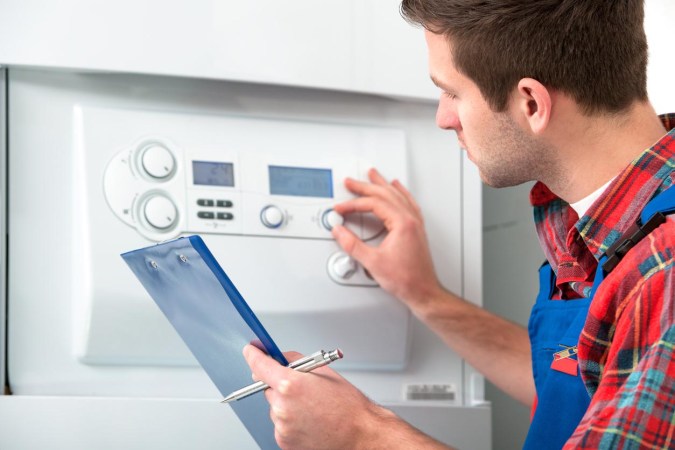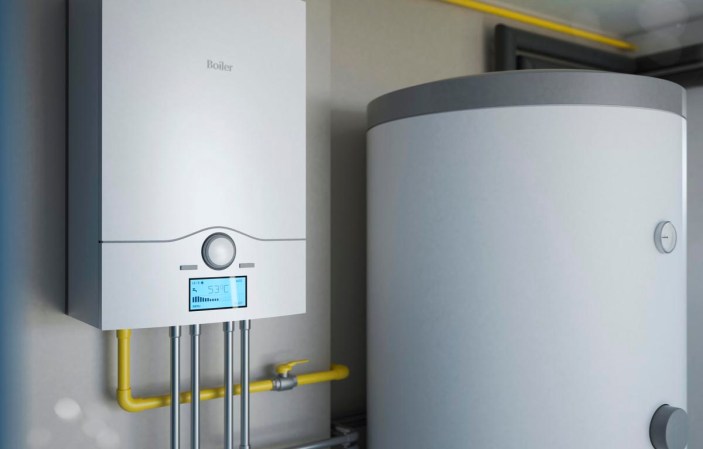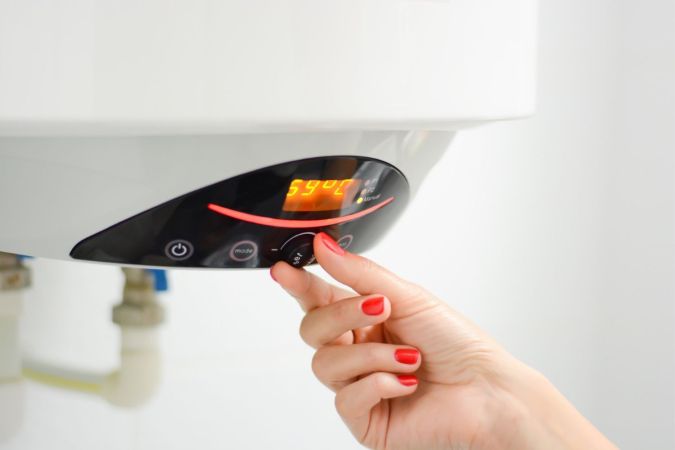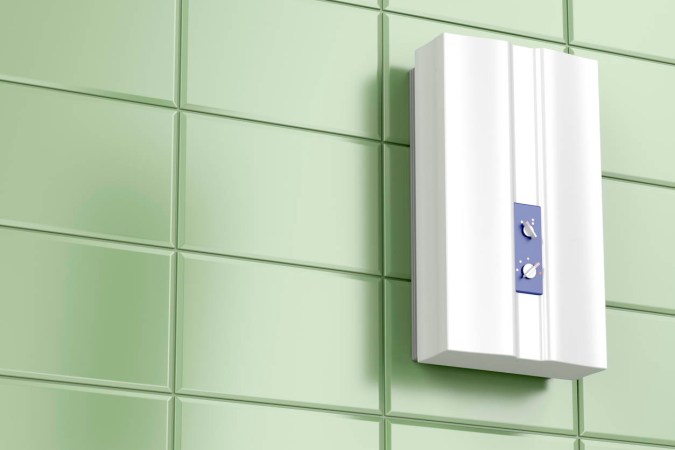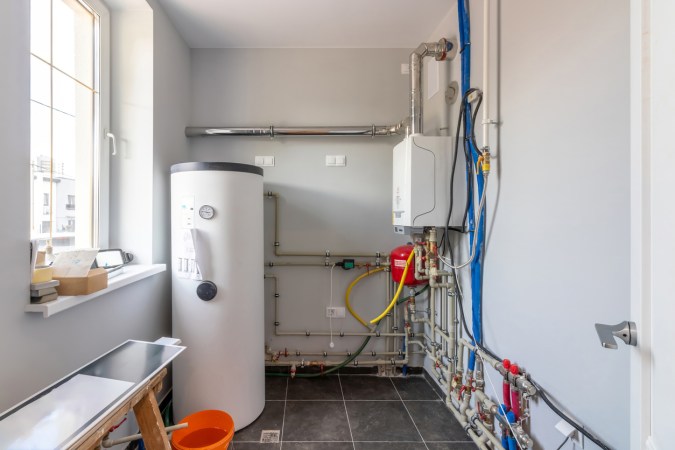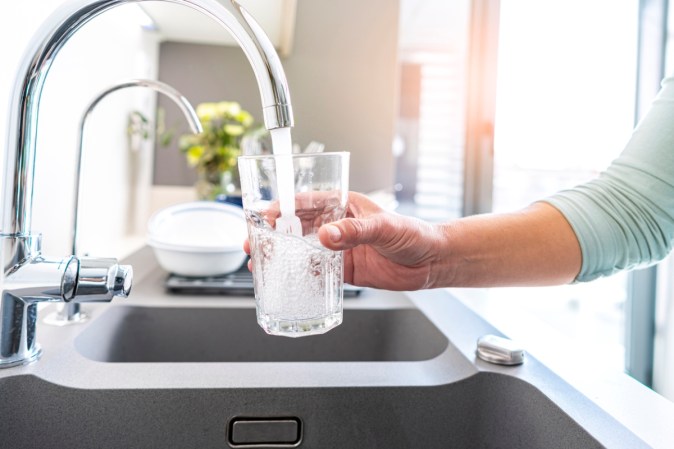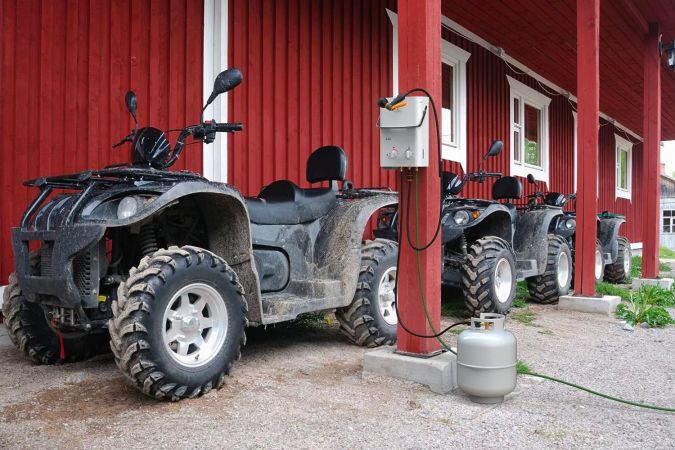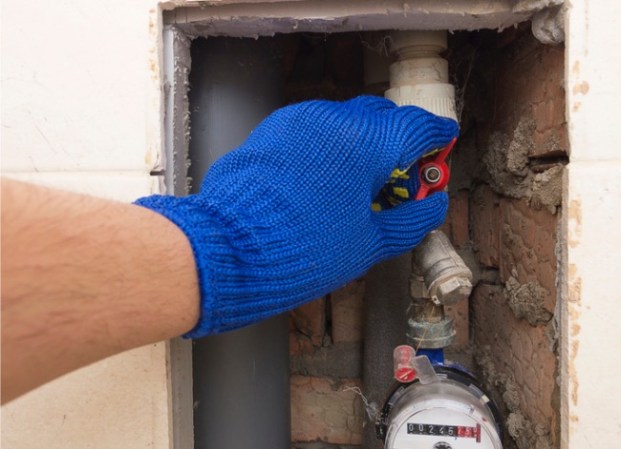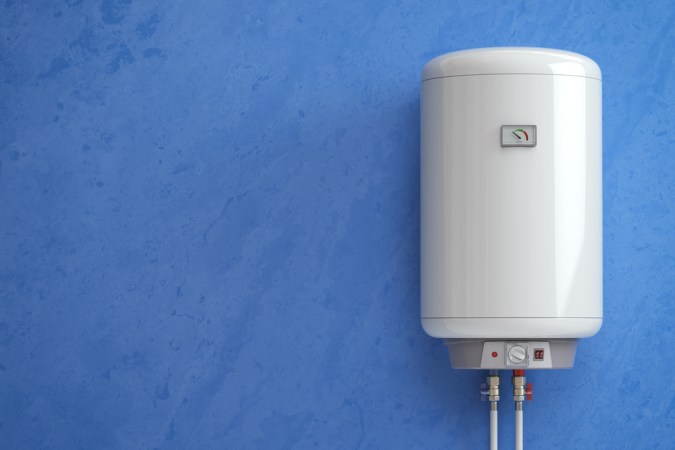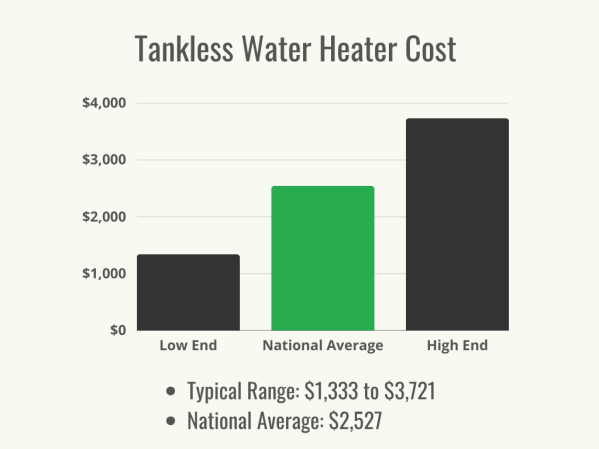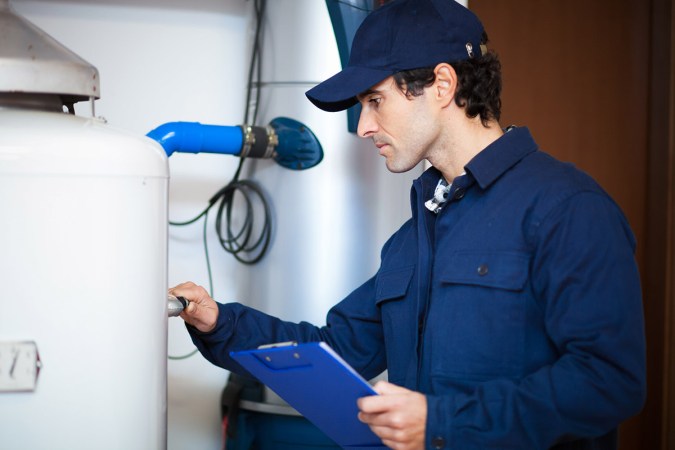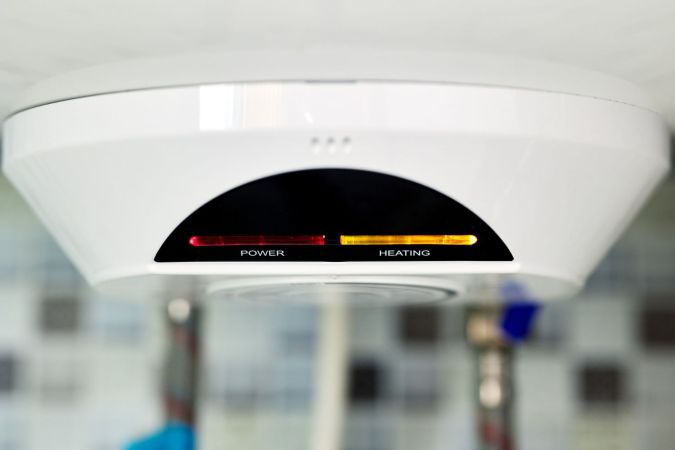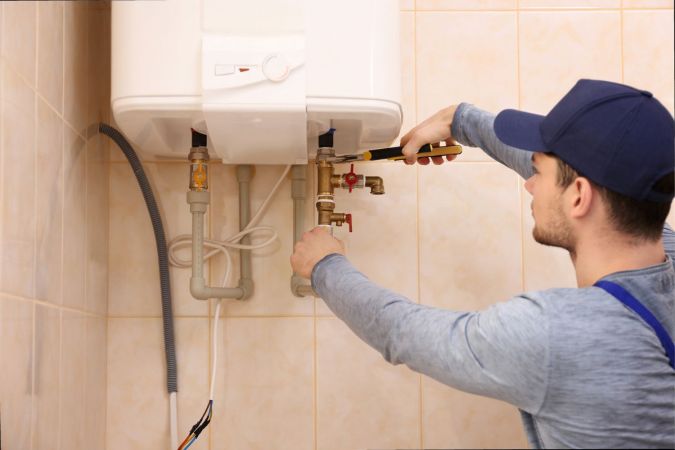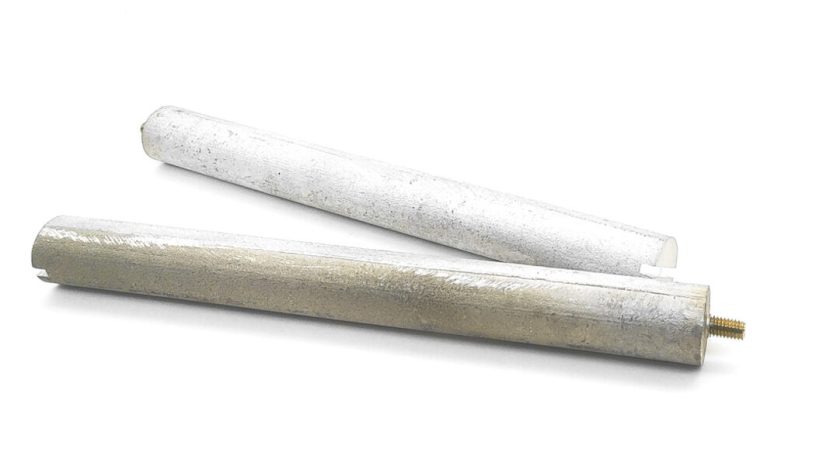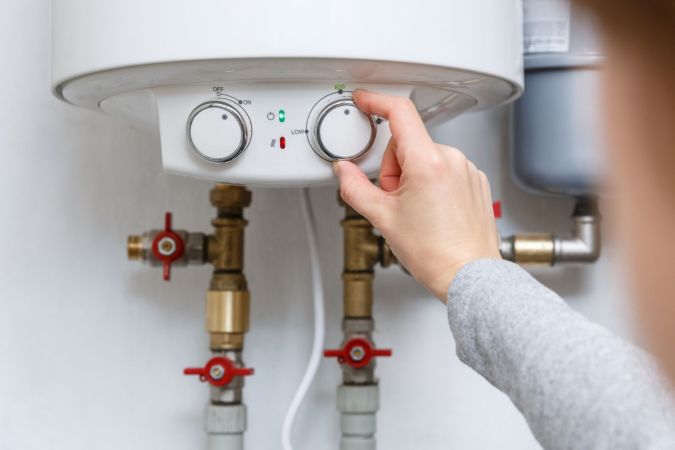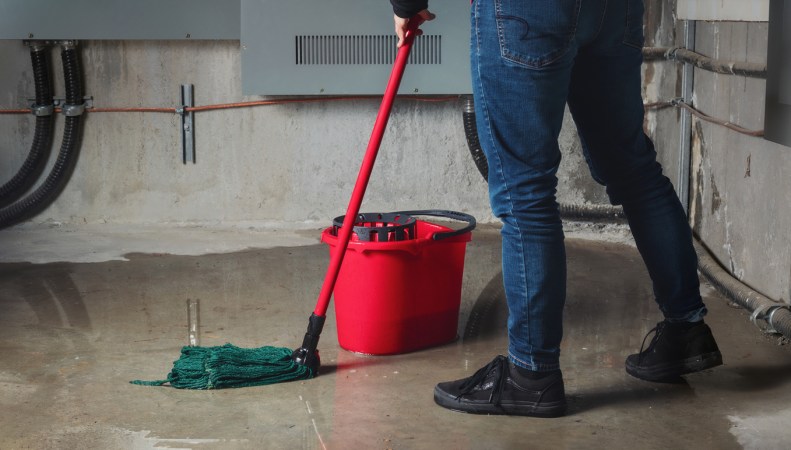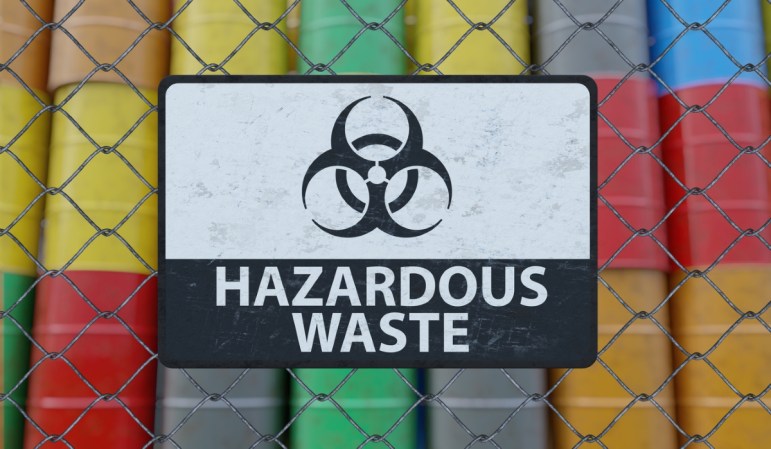We may earn revenue from the products available on this page and participate in affiliate programs. Learn More ›
Q: I recently read a frightening news story about how a water heater exploded in a Pennsylvania home, leading to devastation, including loss of life and extensive damage to the home and nearby structures. I am wondering: Can a water heater explode and what can I do to prevent this from happening?
A: Water heaters play a critical role in the home, ensuring that showers, baths, and sinks produce comfortable water when needed. Although homeowners may take these appliances for granted, water heaters are the second largest energy user in the home after space heating and cooling, according to the U.S. Environmental Protection Agency.
While there have been some cases over the years of water heaters exploding, the event is extremely rare. According to Francis J. Dietz, vice president, Public Affairs at the Air-Conditioning, Heating, and Refrigeration Institute, manufacturers design water heaters to be safe and reliable. “Considering there is at least one water heater in virtually every home in America, their safety record is exemplary,” he noted. That is more than 123 million homes with water heaters, based on U.S. Energy Information Administration statistics.
“A modern water heater installed by a professional should have almost no risk of catastrophic explosion,” reiterates Roy Barnes, co-owner of Service Force Plumbing in Rockville, Md. “Internal shutoff systems and the external temperature and pressure (T&P) relief valve should prevent any over-pressurization. The T&P valve, in particular, is a mechanical part that should not fail unless it becomes clogged somehow or if a homeowner unwisely caps it or seals it because they think their water heater is ‘leaking’ when the relief valve releases water.”
However, it’s always a good idea to know what can cause a water heater explosion and the signs your water heater is going to explode to be on the safe side.
RELATED: This One Repair Can Extend the Life of Your Water Heater
What can cause a water heater explosion?
Temperature and pressure are the main reasons why a water heater explodes, says Josh Mitchell, plumbing technician at Plumbing Lab. “Water heaters, particularly traditional tank models, can explode if the temperature and pressure within the tank build up to dangerous levels. This usually happens if the T&P valve fails to function properly,” he says.
Other factors Mitchell mentions include accumulation of sediment in the tank that can lead to overheating or a malfunctioning thermostat that doesn’t correctly regulate the water temperature, which can contribute to excessive pressure buildup.
Traditional tank water heaters, no matter the energy source, have a higher risk of exploding because the pressure can build up in the hot water heater expansion tank. Still, Mitchell warns, “Tankless water heaters, which heat water on demand and don’t store it, generally have a lower risk of explosion. However, they are not completely without risks, as any malfunctioning heating equipment can be hazardous.”
Pay attention to the warning signs.
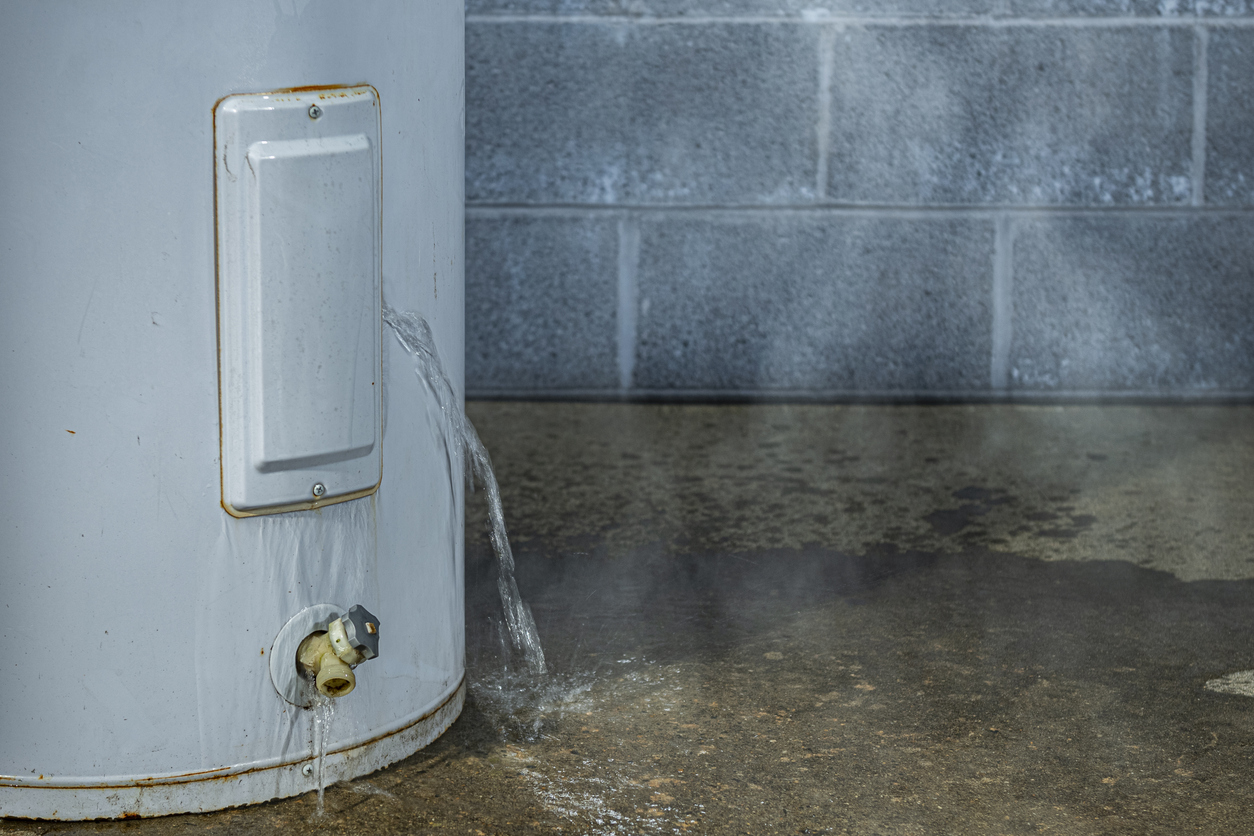
Fortunately, there are some clear indications that a problem could be brewing with a water heater. Even if it’s unlikely for an explosion to occur, it is better to catch any type of problem, such as a water leak, early. Knowing how to spot warning signs can prevent a dangerous situation and save money by avoiding cleanup costs.
If you notice any of these water heater explosion warning signs, contact a pro immediately to inspect the unit. Do not try to handle this on your own; contractors have the tools, knowledge, safety equipment, and experience required to diagnose and fix a problem properly.
- Gas Leak: One of the most obvious signs of a problem is if there is a rotten egg or sulfur-like smell in the home, indicating a potential gas leak. When gas escapes from the water heater and meets a spark or flame, it can create an explosion. In addition, gas leaks can cause carbon monoxide poisoning in the room, which can be deadly. If you suspect a leak, leave the house immediately and then call 911.
- Leaking T&P Relief Valve: The T&P relief valve releases excess pressure or heat to keep a stable environment in the tank. If the valve is broken and leaking more than usual, it probably means there is too much pressure inside, which can trigger an explosion.
- T&P Valve Constantly Open: A properly working valve should open periodically to release excess water. If it remains open, then it is either broken or under excessive pressure.
- Brown Water: This can be a sign that the metal tank is starting to rust and corrode as a result of minerals in the water. A corroding tank can make it susceptible to ruptures, leaks, and even explosions. Plus, brown water is unhealthy and needs to be addressed right away.
- Shaking: Water minerals, such as calcium and magnesium, can accumulate in the bottom of a water heater tank. The sediment eventually acts as insulation, so when the water heater tries to warm the water, it will have to work harder than usual. This can lead to extra heat in the tank, which might boil the water. When this occurs, the tank may shake or rumble. This can cause the pressure to rise and degrade the tank.
- Popping Noise: Sediment can build up over time at the bottom of the water heater tank. The best way to avoid this is to drain the tank twice a year. Pressure can increase if there is too much sediment, causing popping noises. If this continues, it can lead to an explosion.
RELATED: How Much Does Water Heater Repair Cost?
Don’t neglect water heater maintenance.
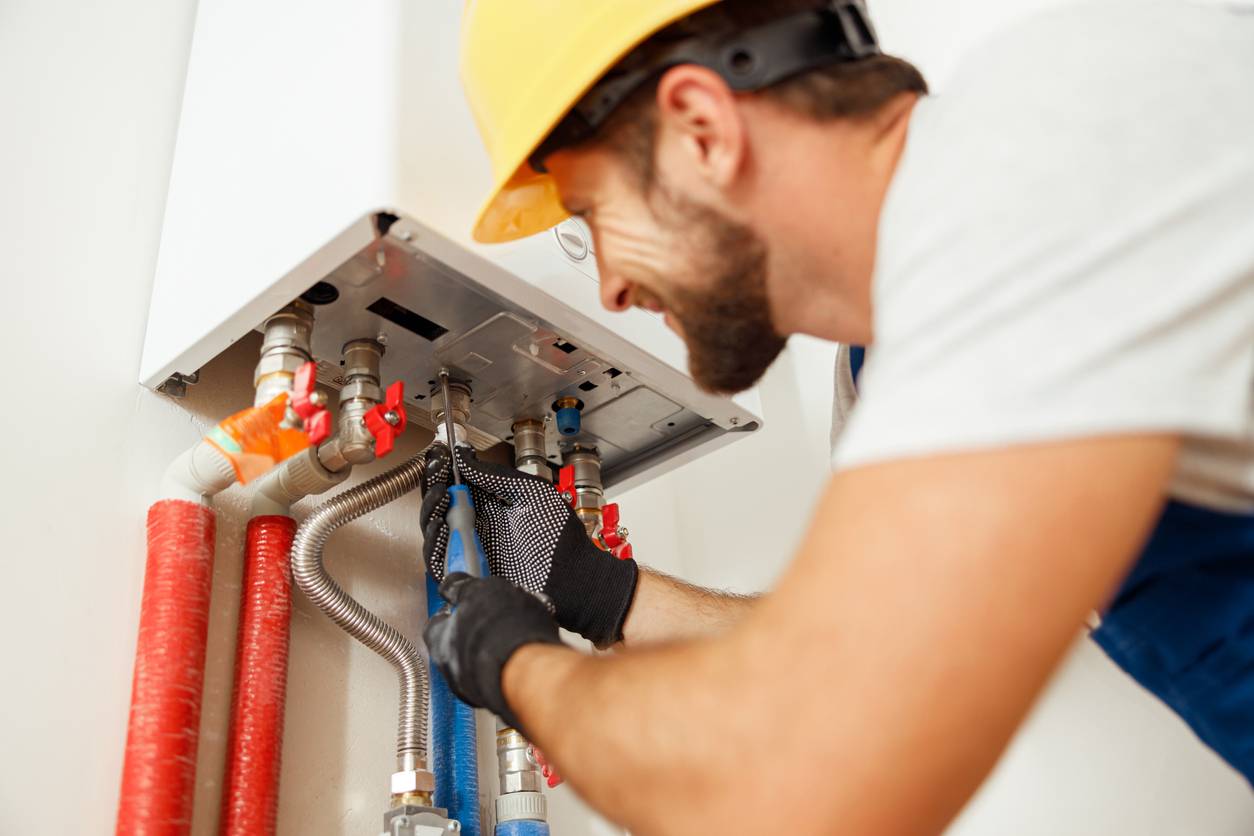
To avoid water heater problems from occurring, it’s crucial to keep up with maintenance and check your home warranty if an issue arises. It’s also important to understand how long a water heater typically lasts to know when it might need to be replaced. The life of a water heater is about 10 to 20 years, depending on the type of unit and hardness of the water, with the average age of replacement at 13 years.
Experts recommend having the water heater assessed once a year by a professional. According to Justin Bohannon, owner of Affordable Solutions HVAC & Electrical, “By prioritizing regular maintenance, inspections, and following manufacturer guidelines, you can significantly reduce the risk of accidents and maintain the safety of your water heater system.”
He suggests taking the following steps:
- Schedule regular inspections by a qualified technician who can check for signs of wear and tear, sediment buildup, loose connections, and other potential issues.
- Make sure the T&P valve is in good working condition and replace it every few years.Ensure that the temperature and pressure settings on the water heater are within safe limits.
- Periodically flush out sediment from the tank to prevent the accumulation of debris, which can lead to overheating and potential failure.
- For gas water heaters, make sure the flue or venting system is properly installed and free from obstructions.
RELATED: Solved! Who Fixes Water Heaters?

